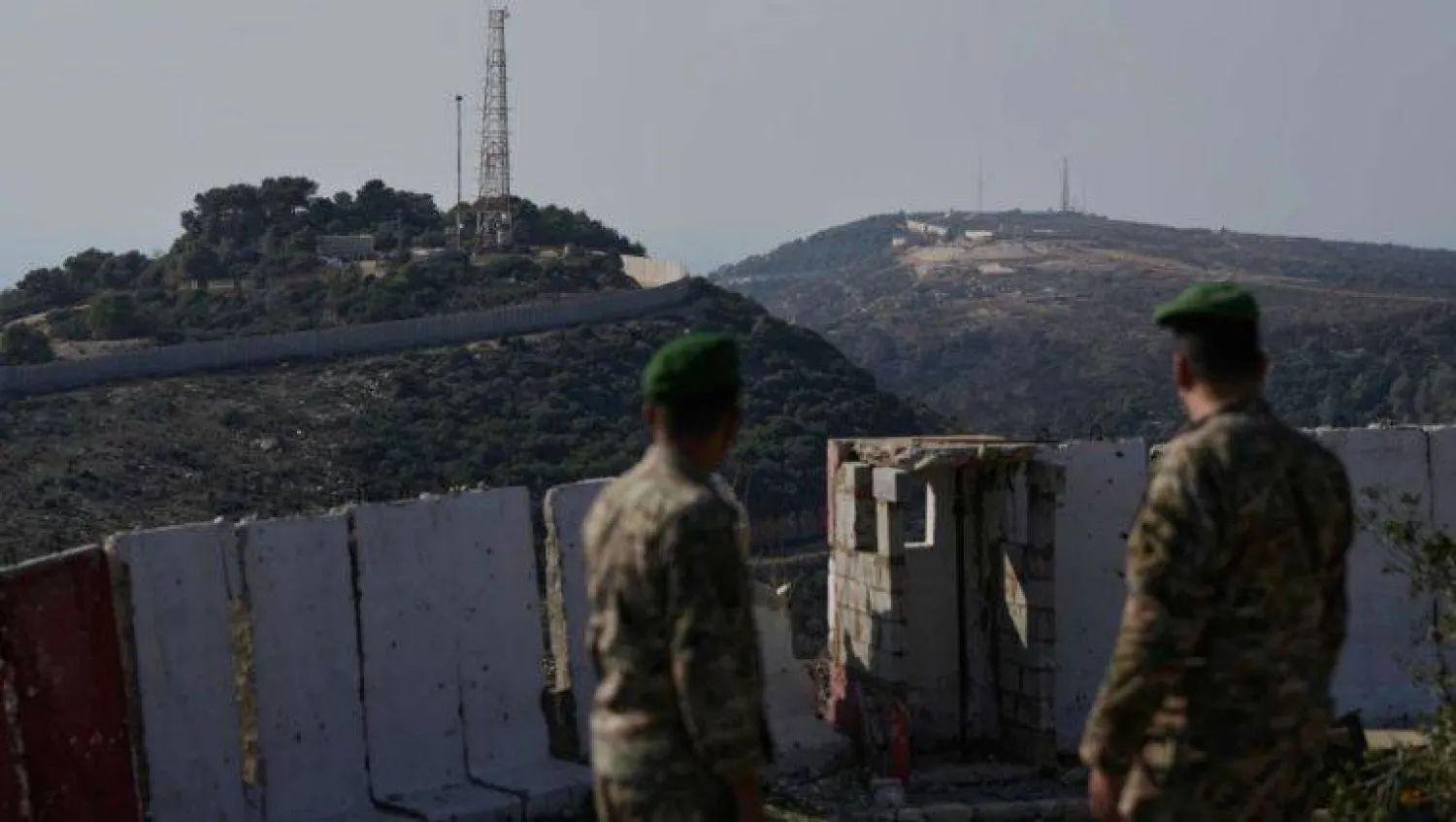The UN Special Envoy to Sudan, who heads the mission of the UN Integrated Transition Assistance Mission in Sudan (UNITAMS), Volker Perthes, expressed his optimism about the chances of achieving progress in the political process, stressing that Sudan is "closer than ever" to reaching a solution, despite the continuing challenges.
In briefing the Security Council on Monday, Perthes said the Sudanese parties are now closest to reaching a political settlement and returning to civilian rule, referring to the political framework agreement signed by the Sudanese army and a wide range of civilian parties last year.
Perthes believed that it was a "watershed moment" and ushered in a new phase of the political process, which aimed to lead to a new transitional period.
In December, the military parties signed the framework agreement with the main opposition coalition, the Forces of Freedom and Change, and other political forces, paving the way for a two-year civilian-led transition to elections.
Perthes reviewed the efforts made by the UNITAMS mission during the past months in holding several conferences to discuss outstanding issues and involve the most significant number of parties in the discussions.
He explained that each consultation included hundreds of women, men, and youth, most of whom came from outside the capital, representing a broad social, professional, and political spectrum.
The UN official revealed that some of those who had earlier publicly rejected the political process joined the conferences, pointing out that many areas of consensus appeared in those consultations, including the issue of eastern Sudan, where a breakthrough emerged, such as an agreement on a forum that will pave the way for future reconciliation in that region.
Perthes confirmed that the process was "truly Sudanese" and that the UN actively worked to facilitate it in cooperation with its two partners in the Trilateral Mechanism of the African Union, IGAD, and the United Nations.
"The process, certainly not perfect, and occasionally criticized for being too slow, has managed to get a broad and sufficiently inclusive group of stakeholders – particularly military authorities and civilian opposition parties – to near agreement," said the envoy.
He stressed that as "the Sudanese navigate this last hurdle, collective efforts from the international community are needed now more than ever."
Perthes underscored the need to support the next government with the capacity to tackle major issues that have lain dormant: addressing root causes of conflict; implementing security arrangements; significantly improving the lives of Sudanese women and men, and preparing free and fair elections.
He pointed out that "challenges facing the next government are immense: addressing pressing humanitarian and economic needs, ensuring security and justice and respect for human rights, peacemaking, and advancing the democratic transition are all critical demands of the Sudanese."
The UN, with international partners, is coordinating and jointly planning collective support for the post-agreement transition phase and the government's priorities. It already convened an initial discussion with UN agencies, the IFIs, and donors, to support the importance of an expected incoming government post-agreement.
Perthes added that the last workshop will be launched within days to discuss feasible options to reform the security sector and integrate the Rapid Support Forces (RSF) and armed movements into "one national professional army."
He hoped the conference would develop an "initial roadmap" for implementation in the coming years.
Nevertheless, Perthes expressed concern about "the rising tensions between the Sudanese army and the Rapid Support Forces in recent weeks," explaining that he had appealed to both sides for urgent de-escalation.
He also expressed optimism about their decision to form a joint security committee and their agreement on fundamental aspects of security sector reform and integration.
Perthes praised the commitment of the Chairman of the Sovereign Council, Lieutenant General Abdel Fattah al-Burhan, and his deputy and head of the RSF, Lieutenant General Mohammed Hamdan Dagalo, to the political process and cooperation between military and civilian leaders in recent weeks to reach a solution.









